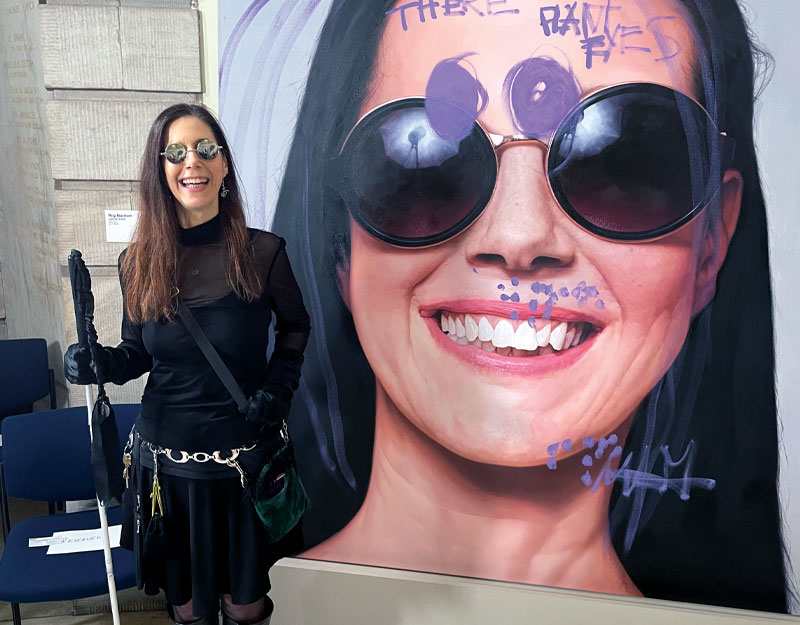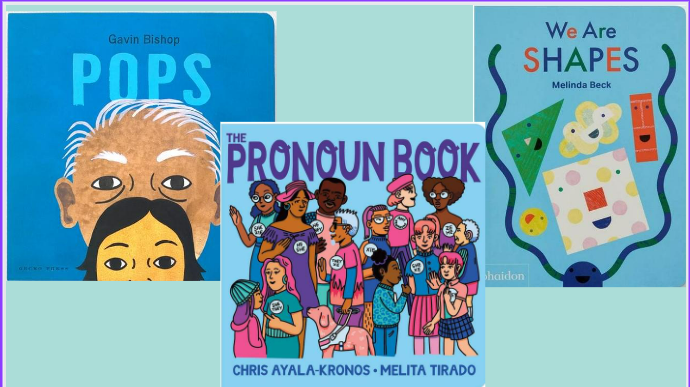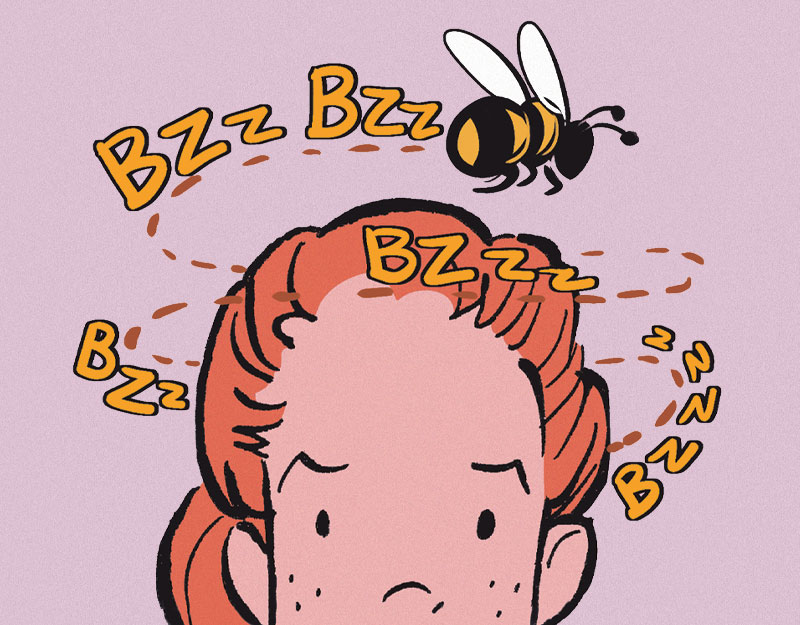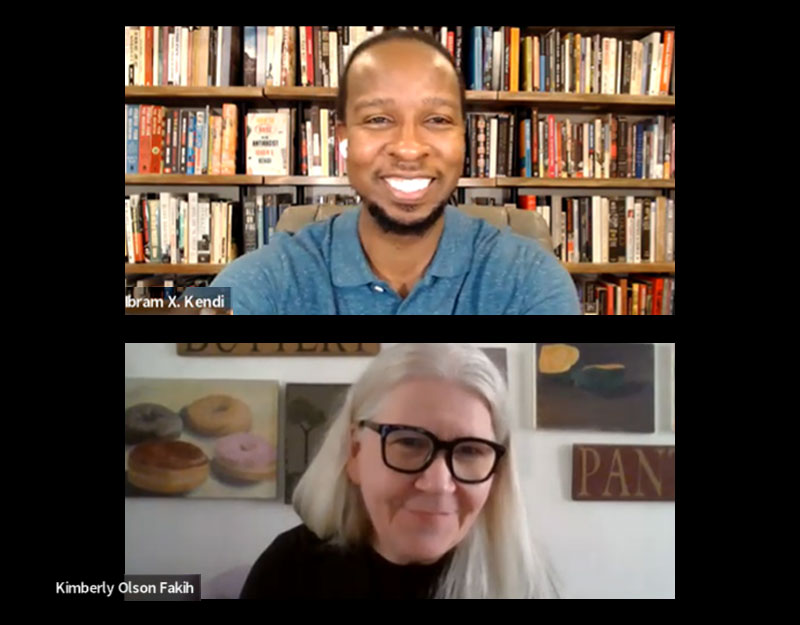Dr. Bully, a guest post by M.G. Hennessey
 Today we are happy to share this post from author M.G. Hennessey as part of our Social Justice in YA Lit Project. Her book, The Other Boy, came out in 2016 and is about 12-year-old Shane, who is transgender. You can find out more about the #SJYALit Project here or by searching the hashtag here at TLT.
Today we are happy to share this post from author M.G. Hennessey as part of our Social Justice in YA Lit Project. Her book, The Other Boy, came out in 2016 and is about 12-year-old Shane, who is transgender. You can find out more about the #SJYALit Project here or by searching the hashtag here at TLT.
Kyler Prescott’s mother Katharine did everything right. When her thirteen-year-old child came out to her, announcing that he was a boy, not a girl, she said, “You know what? I love you no matter what. Whatever we need to do, I will always support you.” She took him for a haircut, bought him boys’ clothes, and helped legally change his name and gender marker on his birth certificate.
ADVERTISEMENT
ADVERTISEMENT
A little more than a year later, her son was dead. Despite her support, Kyler suffered from body dysphoria, a common condition in transgender children, where a person feels a mismatch between the body they were born with and their personal identity. Medical intervention can help, in the form of hormone blockers and injections; Kyler was on blockers for a few months, but had yet to start his testosterone injections.
After some painful experiences, her son was in crisis, so Katharine checked him into the psychiatry unit at Rady Children’s Hospital-San Diego on a 72-hour hold.
Unfortunately, at the hospital, Kyler was traumatized rather than helped. Despite the gender markers on his medical records, and Katharine’s insistence that he be referred to with male pronouns, nurses and other hospital employees persistently misgendered Kyler during his stay. One employee even said, “Honey, I would call you a ‘he,’ but you’re such a pretty girl.” Katharine became so alarmed that after only twenty-four hours she asked the hospital to release Kyler.
Sadly, stories like these are all too common for the parents of transgender children. Karena * in Missouri was shocked when their pediatrician, who had been treating her eight-year-old affirmed boy since he was a toddler, announced during a check-up, “You’re going to grow girl parts because that’s what God wants, and there’s nothing you can do.” This is patently untrue: with hormone blockers and hormone therapy, a transgender child can safely undergo the puberty of their affirmed gender; all that doctor had to do was turn on the television to see trans teen Jazz Jennings doing just that. And yet instead she attempted to shame an eight-year-old into thinking there was something wrong with his sense of self.
We’ve been taught to put our faith in medical professionals: after all, they’ve spent years studying and training for their job. We tell our children to trust them. But what happens when that trust is misplaced, especially when the consequences can be fatal? A study by the American Foundation for Suicide Prevention and the Williams Institute found that 41 percent of transgender people try to kill themselves at some point in their lives, compared to 4.6 percent of the population as a whole. Imagine facing that statistic as a parent: nearly a fifty-fifty chance that your child might attempt suicide. Now imagine doing everything right, and still losing your child because people in respected positions, people your child was supposed to be able to trust, undermined your efforts.
The Hippocratic Oath states, “First, do no harm.” But the doctor who shamed Karen’s son, and the nurse who intentionally used the wrong pronouns with Kyler, were clearly not following that oath.
Even less glaring cases are potentially damaging. “When I told our pediatrician that our daughter was actually our son,” said Sarah*, “Her face lit up and she said, ‘You’re my first!’ ‘First what?’ my seven-year-old asked, puzzled. ‘First…y’know,’ she said, looking flustered. Then she basically fumbled through the rest of the exam, and asked if we were doing a surgery anytime soon. My son left the office terrified. I was shocked that she had so little information. And apparently her staff hadn’t told her that he was transgender, even though I’d called in advance.”
ADVERTISEMENT
ADVERTISEMENT
Statistics on how many transgender and gender variant children currently live in the United States remain elusive, but the best estimate is that around one percent of adolescents don’t fully identify with the gender they were assigned at birth. While that sounds like a small percentage of the population, it’s almost the same as the number of redheads in the United States. Or, to frame it medically, about one in a hundred kids has celiac disease; in the last few decades, though, most doctors have learned to discuss and treat gluten allergies without belittling, embarrassing or stigmatizing their patients. The transgender/gender variant population is particularly vulnerable, though, with a heightened risk of self-harm. So it’s critical that the medical professionals who treat these children be aware of the unique issues confronting them. Bridging that gap is literally a matter of life and death.
There are an increasing number of clinics that specialize in treating transgender and gender variant children: Childrens’ Hospital of Los Angeles has one of the most prominent ones, led by Dr. Johanna Olson-Kennedy. But for every one of those, there are hundreds of doctors with little or no experience with treating transgender children, and a dearth of resources for parents who are trying to get the best care for their children. A knowledgeable, informed doctor is a critical part of the equation.
In a conversation with Caitlyn Jenner on her show, “I Am Cait,” Katharine Prescott said that many people assume Kyler was bullied by other children. But that wasn’t really the case. “Really, where he had the most problems was with adults not understanding.” We ask our children not to bully and victimize their peers; should we ask any less of the caregivers who treat them?
*Name changed per the request of the interviewee
Meet M.G. Hennessey
M.G. Hennessey is the author of The Other Boy, an upper middle grade debut about a 12 yo transgender boy who is living stealth after his transition. Described by Transparent creator Jill Soloway as, “A terrific read for all ages,” The Other Boy won a spot on the Rainbow List as one of the best LGBTQ-themed novels of 2017. M.G. is an ally and supporter of the Transgender Law Center, Gender Spectrum, and the Human Rights Campaign; she also volunteers at the Los Angeles LGBT Center. She lives in Los Angeles. (She/Her)
Filed under: #SJYALit
About Amanda MacGregor
Amanda MacGregor works in an elementary library, loves dogs, and can be found on Twitter @CiteSomething.
ADVERTISEMENT
ADVERTISEMENT
SLJ Blog Network
2024 Books from Pura Belpré Winners
Passover Postings! Chris Baron, Joshua S. Levy, and Naomi Milliner Discuss On All Other Nights
Team Unihorn and Woolly | This Week’s Comics
Parsing Religion in Public Schools
ADVERTISEMENT







